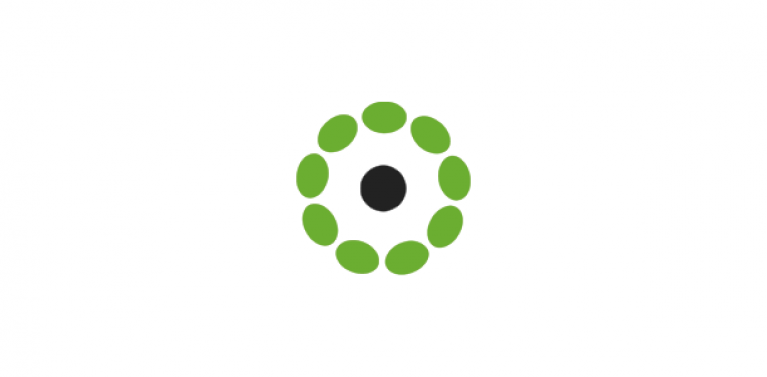Choosing your own Social Learning Platform

It's by no means essential to run a social learning platform for yourself when you can easily adopt existing services, like Facebook, Ning or Twitter. There are also great free guides to using these tools, like as those provided by Jane Hart. That said, there are valid concerns about data protection, privacy & IP ownership that lead many organisations to consider running social learning platforms for themselves. In this article, I want to consider a couple of leading open source contenders - Elgg & Mahara. Elgg is a mature social learning environment with many features that Facebook users will find familiar. The install base is fairly large, with uptake in a number of government departments and large institutions including The World Bank, Oxfam & UNESCO.
Elgg's early success (Best Open Source Social Networking Platform 2008) was built on achievements around its pre version 1 release. However, the platform was rebuilt from the ground up and while this realigned the product for future growth, a number of nagging bugs hampered uptake for a while. Subsequent versions aggressively addressed these issues and have put the platform back on a much more even keel. Elgg's interface has always been slick and it's a fantastic package out of the box. What's more, its advanced architecture makes theming relatively straightforward, and Elgg lends itself well to integration with your existing brand. Elgg's departure from certain Facebook style conventions (eg friendship approvals and its more open group security model) can create problems for some users who expect it to simply work like the social networking big beast. It doesn't and shouldn't but this can certainly provide a barrier as Facebook's conceptual models dominate user perceptions. Elgg can be stitched into your organisations security/login system - once again thanks to its revised architecture - and bespoke extensions are straightforward to write. Mahara offers a nice alternative to Elgg. Mahara developers were in fact originally involved with Elgg but left to follow a different path. While Elgg's direction within the learning domain was originally well-established, it moved towards a more generic social space.
Mahara, however, remained closely tied with conventional learning, and in particular has always worked well with Moodle. Mahoodle is a distribution of Moodle & Mahara that is easily set up to provide a single learning platform - Moodle for more formal strutcured learning and Mahara for informal social learning & e-portfolios. Mahara is certainly strengthened by its close ties with the Moodle learning community, and is widely used in the education sector. Now as Moodle has moved into the corporate space, we're seeing a similar migration with Mahara. I find Mahara a slightly more conventional platform than Elgg. It's more restrained, and offers a number of features that appeal to both users and learning managers. It is perhaps less immediately visually appealing than Elgg with arguably a less transarent API for bespoke development. That said, in many instances, Mahara is a great choice - robust and precisely tailored for education and learning. For anyone considering implementing their own social learning platform, both Elgg and Mahara provide compelling offerings. I'd encourage decision-makers to look in detail at the feature sets and to assess the ways in which each platform can respond to specific requirements. There's certainly clear water between these technologies and making the right decision sholdn't be too hard. If, however, you're still at the stage where you're not sure if you're quite ready to adopt a platform, I'd strongly urge you look at your existing tools and take a pragmatic 'low road' approach (to borrow Stewart Brand's term).
You may already be using wikis, Drupal, WordPress or Plone on your Intranet or Extranet. All of these tools can be creatively used to provide a basic social learning space. Open Atrium is a fantastic implementation of Drupal; WordPress comments can provide a catalyst for conversations that can be effectively tagged and captured; even the conventional enterprise CMS Plone has built-in features like content commenting and discussions that can be easily bent to provide you with a quick and dirty social learning environment. Social learning tools are all around you. This stuff isn't - and shouldn't be - expensive.
